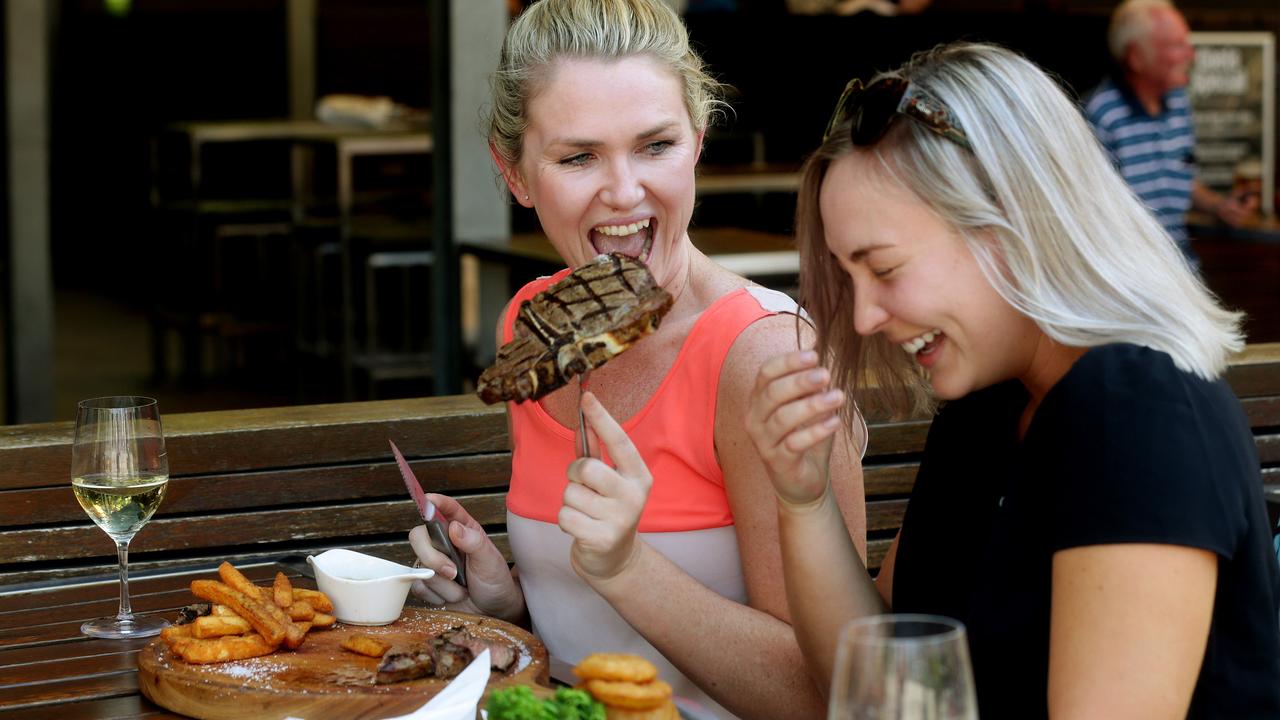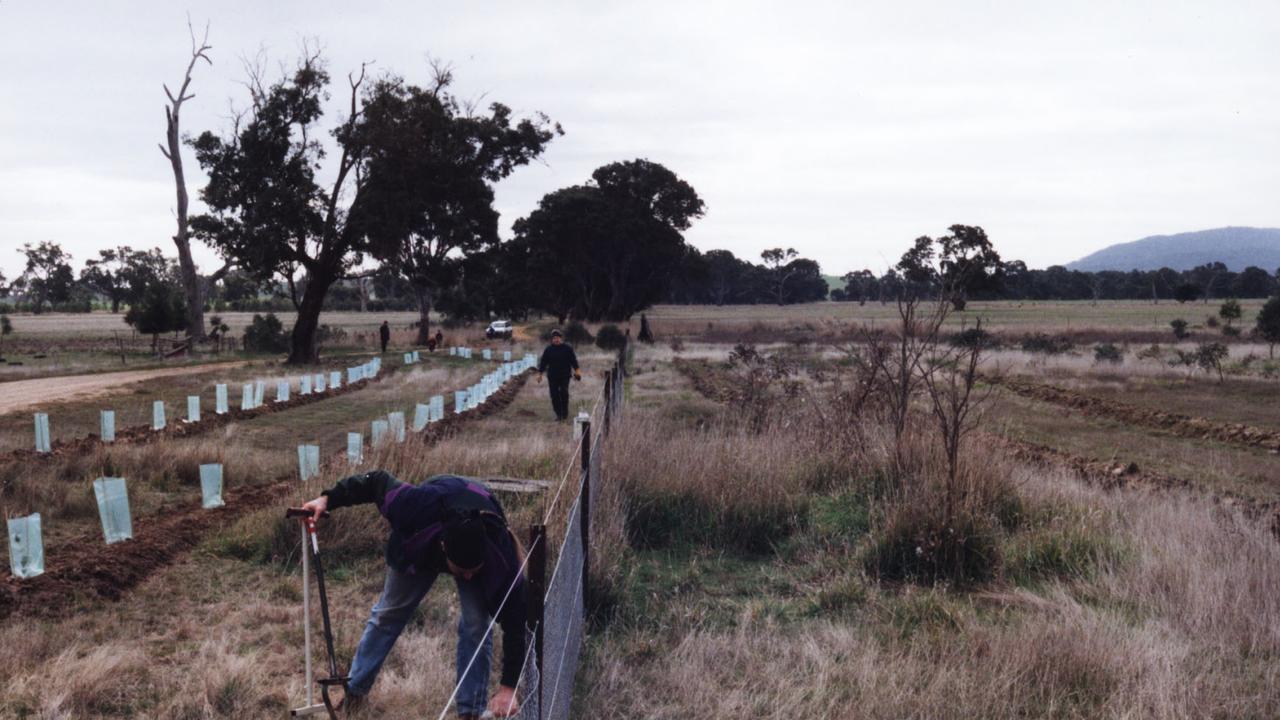Australia-EU FTA: Agriculture and geographical indications ‘most difficult’
AGRICULTURE will be the biggest challenge to negotiate in Australia’s free trade agreement with the European Union — particularly on Europe’s demands for exclusive use of certain food and wine products.
AGRICULTURE will be the biggest challenge to negotiate in Australia’s free trade agreement with the European Union — particularly on Europe’s demands for exclusive use of certain food and wine products.
EU trade commissioner Cecilia Malmstrom reaffirmed agriculture and geographical indications would be “the most difficult” chapter in the negotiations, officially launched in Canberra today.
“I’m certainly not prepared to make the offers now before even negotiations have started … We are aware of the interests that Australia has, we also have interests,” Dr Malmstrom said.
“I’m sure we will find a way.”
While Europe has traditionally fiercely protected its agricultural sector — such as through large subsidies for its farmers, and restrictive quotas or high tariffs on imports — Dr Malmstrom said the EU had gone through a “very ambitious reform agenda,” and had opened to more competition.
However, geographical indications — names or branding used to show a product comes from a specific area, and has the qualities or reputation linked with that origin — have proved a sticking point in many of the EU’s recent trade deals, including with Japan, Mexico and Canada.
Italy has in the last week threatened not to ratify the EU-Canada deal — which includes 143 European GIs — arguing it does not protect enough Italian products.
Australian producers fear similar demands will be made over products such as prosecco, feta and parmesan.
Australian Trade Minister Steven Ciobo has indicated he wants better access for all agricultural products, noting commodities such as beef, sheepmeat, sugar, cheese and rice are constrained by tariff quotas.
He said Australia was not a major commodity producer “in the same way Latin America producers are”.
The EU-Australia deal could be worth up to $15 billion once concluded, which would make it one of the biggest deals Australia has negotiated.
The first round of talks will kick off in July.


